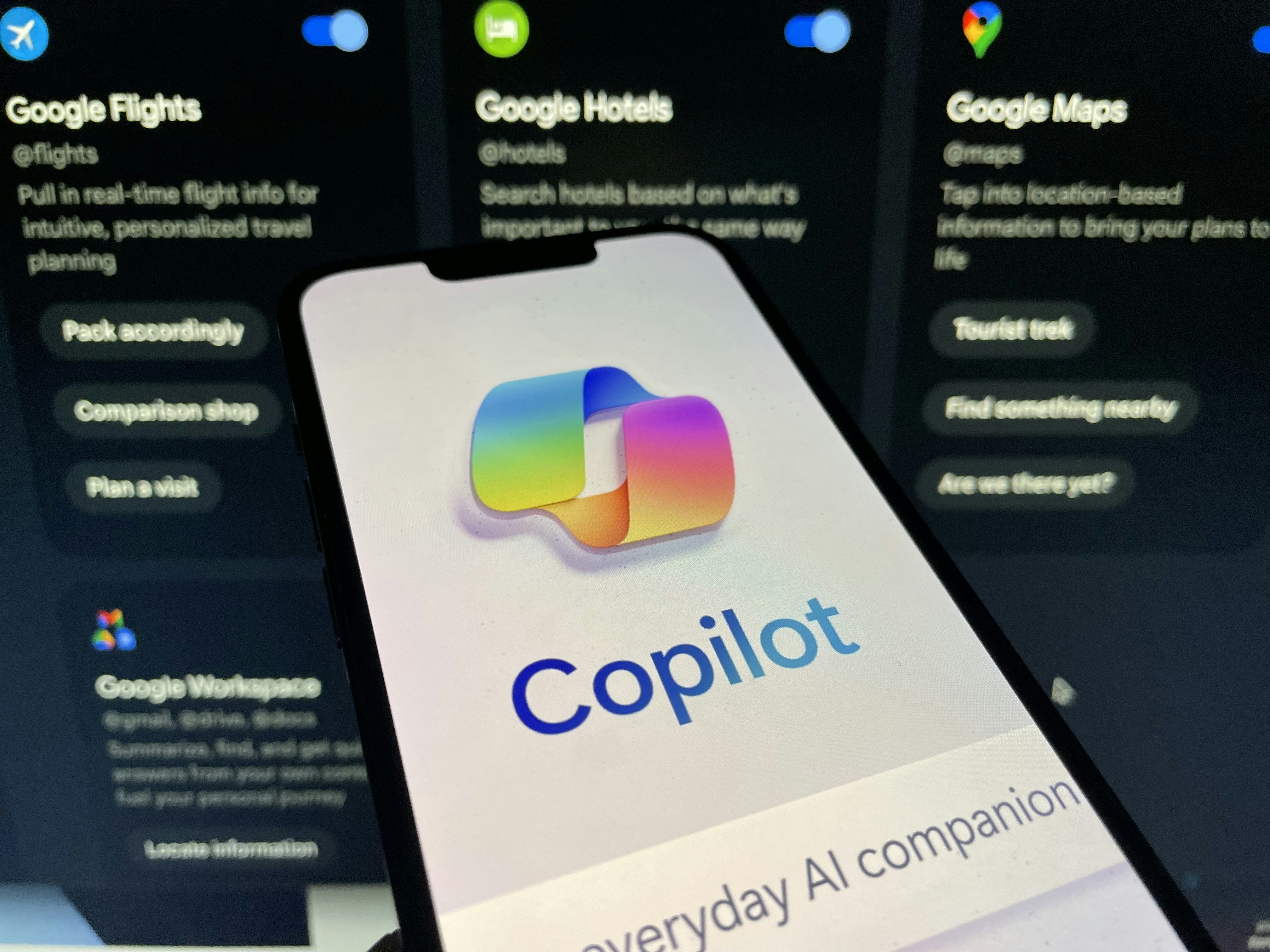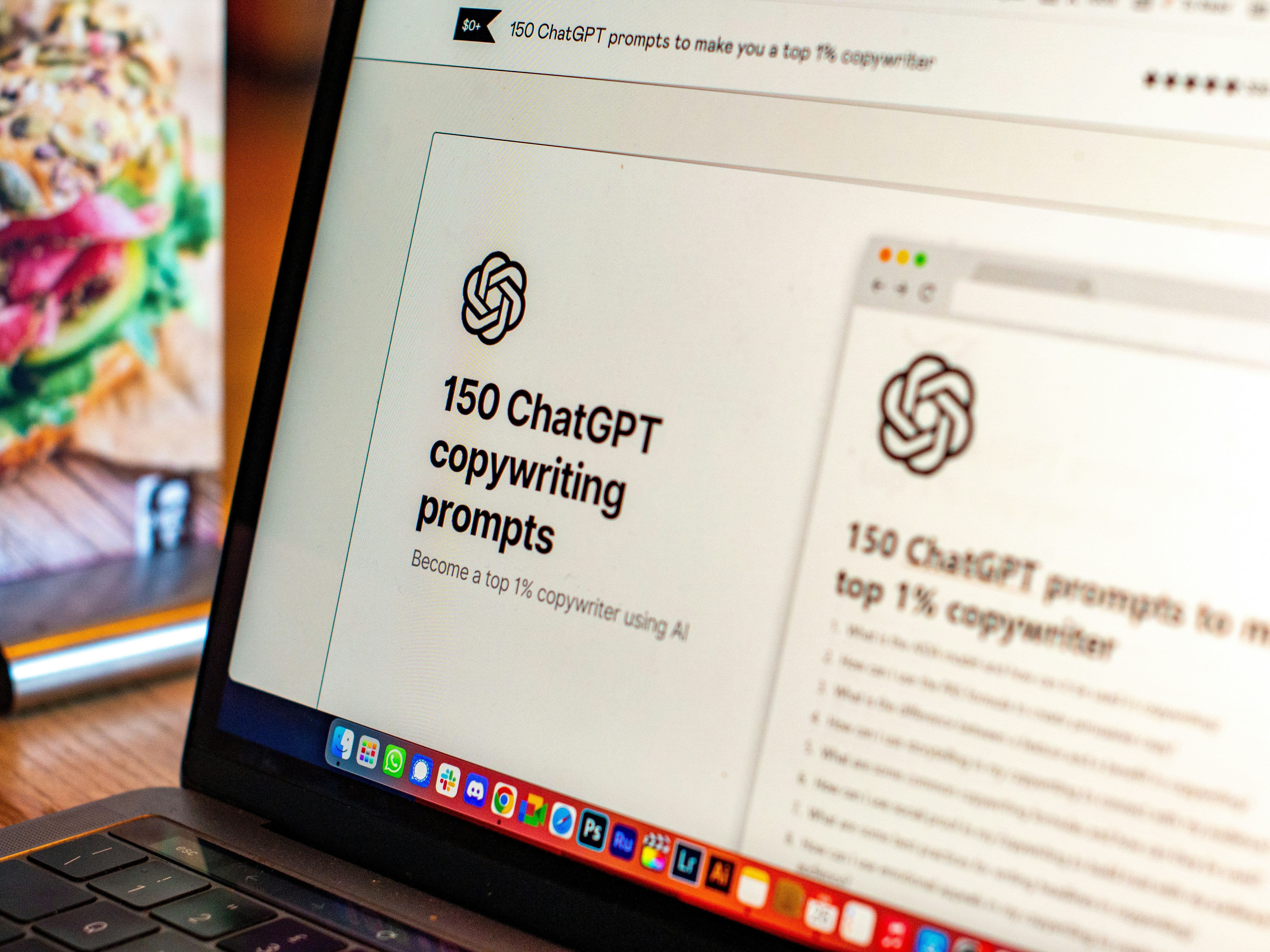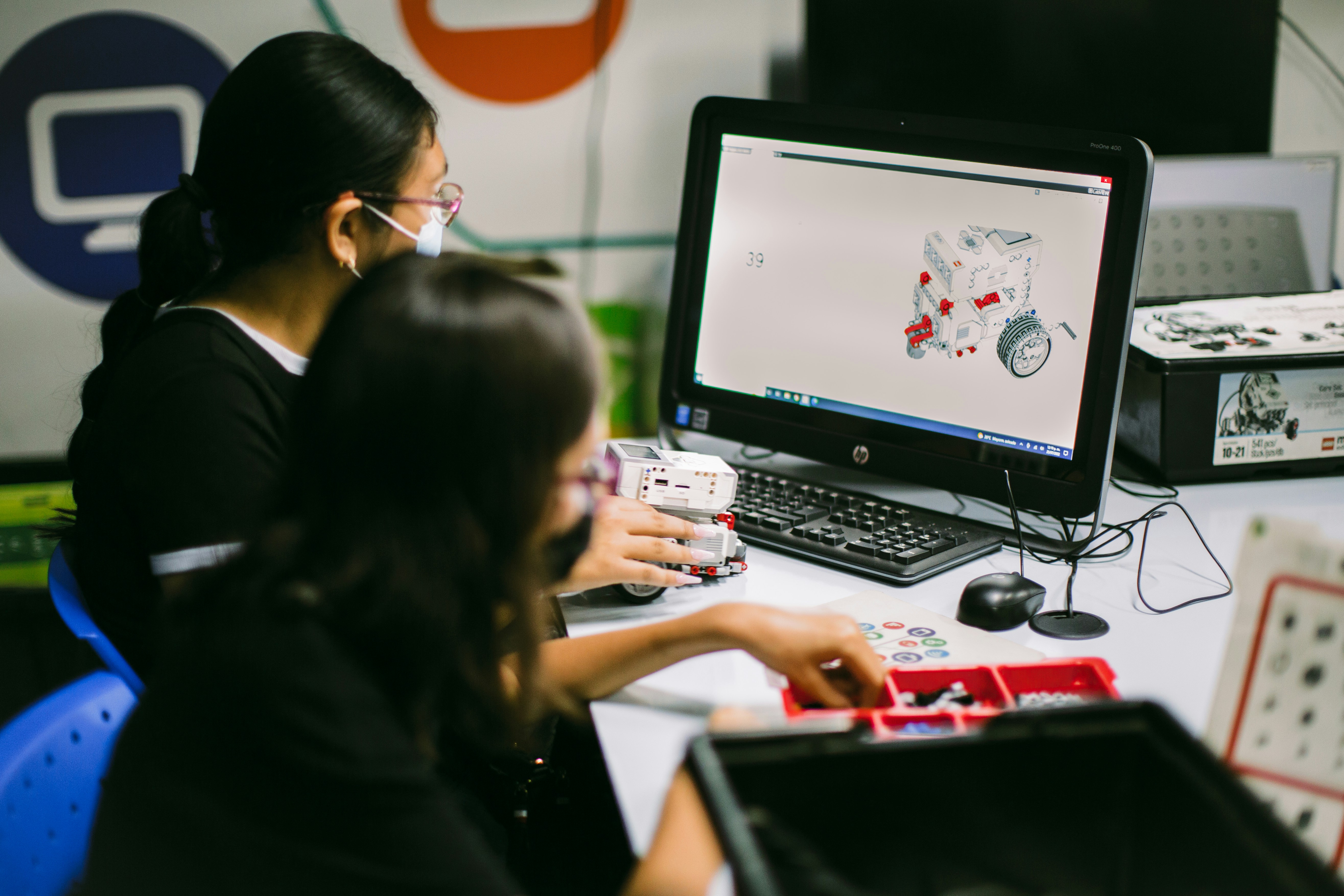💰 Powerful Spells for Wealth & Prosperity
Attract money, success, and financial abundance with real magic spells that bring results fast.
Introduction to AI Code Generators
Artificial Intelligence (AI) code generators, such as Copilot and Codeium, represent a significant advancement in the realm of programming. These innovative tools are designed to assist developers by automating the process of code writing, thus streamlining the overall development workflow. Typically built on sophisticated machine learning models and techniques, these code generators leverage natural language processing (NLP) to interpret user requirements and convert them into functional code snippets. This automation of code production allows programmers to focus on higher-level design and problem-solving rather than getting bogged down by routine coding tasks.
The underlying technology behind AI code generators involves training algorithms on vast datasets of existing code. By analyzing patterns and structures within this data, the AI systems develop a contextual understanding of various programming languages and frameworks. Consequently, developers can input natural language queries, and the tools generate relevant code, offering suggestions or even writing entire functions autonomously. This interface between human language and computer code marks a paradigm shift in how coding tasks can be approached, making programming more accessible to individuals with varying levels of expertise.
The emergence of AI code generators is reflective of a broader trend towards integration of AI in technology, as businesses and developers alike seek efficiency and productivity. Over recent years, these tools have gained traction in the tech landscape, primarily due to their capability to improve coding speed, reduce errors, and enhance collaboration between teams. As the demand for rapid development cycles continues to escalate, AI code generators are likely to play a pivotal role in the evolution of software engineering, revolutionizing how code is conceptualized and executed. The potential applications of these tools are vast, and their relevance in the programming community is becoming increasingly prominent.
The Rise of Enhanced Coding Tools
The landscape of software development has undergone a significant transformation with the advent of AI code generators, such as GitHub Copilot and Codeium. These advanced tools are increasingly being adopted in the industry, propelled by various factors that align with the evolving demands of modern programming. One primary driver of this growth is the increasing complexity of software projects. As applications grow in sophistication, developers require tools that can assist in managing complexity while enhancing productivity. AI code generators address this need by automating repetitive tasks, thereby allowing developers to focus on more critical aspects of software design and architecture.
Furthermore, the integration of machine learning algorithms enables these tools to learn from vast code repositories, improving their suggestions and accuracy over time. The transition from traditional coding practices to AI-assisted programming highlights a broader trend toward collaboration between human intelligence and machine capabilities. Reports indicate that approximately 75% of developers who have used AI code generators report increased coding speed and improved code quality, demonstrating the usability and effectiveness of such technologies across diverse programming environments.
In addition, the continuous improvement of natural language processing (NLP) capabilities has enhanced the interaction between developers and AI tools. This user-friendly interface allows developers to describe functionalities in natural language, which the AI then translates into working code snippets. Such innovations facilitate a more streamlined coding experience, making it accessible even to those who may lack extensive programming expertise. As developers increasingly embrace these enhanced coding tools, numerous companies are investing in integrating AI technologies into their development workflows, further solidifying the role of AI in reshaping software development practices.
Case Study: GitHub Copilot
GitHub Copilot, an innovative AI-powered coding assistant, has garnered significant attention since its launch. This tool, developed by OpenAI in collaboration with GitHub, harnesses the capabilities of machine learning to assist developers in writing code efficiently. Built upon vast amounts of source code and natural language processing, Copilot offers autocomplete suggestions, entire function implementations, and even code snippets tailored to developers’ specific needs.
One of the standout features of GitHub Copilot is its contextual understanding. The AI analyzes the context in which the code is being written and generates relevant suggestions that align with the established syntax and prevailing logic of the codebase. This capability not only streamlines the coding process but also reduces the likelihood of errors, as developers can rely on consistently accurate recommendations. Furthermore, Copilot is designed to learn from user behavior, gradually improving its suggestions based on individual coding preferences.
User testimonials illustrate Copilot’s transformative impact on software development. For instance, a web developer shared how Copilot enabled them to finish a project within hours instead of days by generating repetitive code snippets quickly. Another programmer emphasized the tool’s ability to provide helpful hints and documentation insights, significantly enhancing their understanding of various programming languages and frameworks. Additionally, Copilot supports multiple languages, including Python, JavaScript, and Ruby, making it a versatile choice for developers across diverse technology stacks.
In conclusion, GitHub Copilot stands out as a revolutionary AI code generator that enhances productivity and facilitates a more seamless coding experience. By leveraging AI to assist in code generation, developers can focus on more complex tasks, ultimately leading to more efficient software development processes. Its user-centered design ensures that it remains an invaluable tool in the modern coding landscape.
Explore Our Powerful Magic Spells
Choose a spell that suits your needs and experience real results today!
Case Study: Codeium
Codeium has emerged as a significant player in the realm of AI code generation, providing a robust alternative to established options like GitHub Copilot. As developers increasingly seek tools that augment their coding experience, Codeium positions itself with unique features that cater to diverse programming needs. One of its standout characteristics is its user-friendly interface, designed to facilitate seamless integration into existing workflows. By maintaining simplicity while offering advanced functionalities, Codeium appeals to both novice and experienced developers alike.
In terms of functionality, Codeium distinguishes itself through its comprehensive code suggestions and extensive language support. Unlike some of its competitors, Codeium enables developers to work in a wider variety of programming languages, broadening its applicability. This versatility is particularly beneficial for teams that handle multiple projects across different languages, allowing them to maintain efficiency. The intelligent code completions provided by Codeium are informed by context, which aids in generating relevant snippets that align with the developer’s intentions. Moreover, its collaborative features foster productive teamwork by allowing users to share and review code suggestions effortlessly.
User feedback indicates that Codeium excels in providing accurate and timely code suggestions, which enhances coding efficiency. Many users appreciate its ability to learn from their coding style, tailoring recommendations to suit individual preferences. This adaptive learning capability not only increases productivity but also contributes to a more personalized coding experience. Additionally, concerns regarding code quality are addressed as Codeium implements feedback loops to refine its algorithms continually. These efforts underscore a commitment to deliver a reliable coding assistant that evolves alongside its user base.
Overall, Codeium offers compelling advantages in comparison to GitHub Copilot, particularly in its intuitive interface, broad language support, and responsive code suggestions, making it a valuable tool for modern developers.
Benefits of Using AI Code Generators
Integrating AI code generators into the development workflow presents numerous advantages that can significantly enhance productivity and streamline the coding process. One of the primary benefits is the substantial increase in productivity that these tools facilitate. By automating repetitive coding tasks and suggesting code snippets based on context, developers can focus on higher-level problem solving and creativity. For instance, when using AI tools like Copilot or Codeium, programmers often report saving hours of coding time, translating into quicker project delivery and more efficient workflows.
Furthermore, AI code generators contribute to a marked reduction in coding errors. Traditional coding practices are often prone to human error, which can lead to bugs in the final product. AI-driven suggestions tend to follow best practices and incorporate up-to-date programming standards, thereby decreasing the likelihood of mistakes. Moreover, continuous learning through vast datasets enables these tools to adapt and improve over time, providing increasingly accurate recommendations for developers.
Another significant advantage is the enhancement of code quality. AI code generators can suggest optimized code that adheres to established coding conventions, improving readability and maintainability. This is particularly beneficial for teams working on large projects, where clean and well-structured code is essential for long-term success and collaboration. Additionally, novice programmers stand to gain from these tools, as AI generators make coding more accessible by providing suggestions and examples, effectively serving as an interactive learning resource. This democratization of coding resources empowers aspiring developers and reduces the entry barriers associated with software development.
Ultimately, the integration of AI code generators like Copilot and Codeium into the coding process leads to improved efficiency, fewer errors, and enhanced overall code quality. These advancements reveal a promising future for development practices, where AI tools will complement human expertise and creativity in unprecedented ways.
Challenges and Limitations
AI code generators, such as Copilot and Codeium, have undoubtedly transformed the coding landscape by enhancing productivity and streamlining workflows. However, as with any technological advancement, they also present a range of challenges and limitations that must be carefully considered. One of the primary concerns revolves around code reliability. While these AI tools can generate code snippets efficiently, there is an inherent risk of producing code that is not optimized or secure. Developers may find themselves spending additional time on debugging or refining the generated code to ensure it meets their project requirements.
Another significant limitation is the growing dependency on AI-generated content. As coders increasingly rely on tools like Copilot, there is a danger that their foundational skills may decline. This reliance could hinder their ability to understand complex algorithms or troubleshoot issues without AI assistance. Additionally, the learning curve for new programmers may be adversely affected by an over-reliance on these tools, potentially impeding their ability to develop problem-solving skills essential for effective software development.
🛡 Powerful Protection Spells That Shield From Harm
Safeguard yourself, loved ones, and your home from negative energy and spiritual threats with effective, trusted protection spells.
Ethical considerations also play a critical role in the conversation around AI code generators. The use of AI to generate code raises questions about intellectual property, particularly regarding the ownership of code produced by these tools. There is ongoing debate about whether developers should have the right to use AI-generated code without concern for copyright infringement. Finally, the potential for job displacement among programmers cannot be ignored. As AI mechanisms mature, there is a fear that they could replace certain coding roles, leading to a decline in job opportunities within the software development sector, which could result in a loss of skilled labor.
Future Trends in AI-Powered Coding
The landscape of software development is on the brink of transformation, driven by advancements in artificial intelligence. AI code generators, such as Copilot and Codeium, are setting the stage for innovative practices that are likely to redefine how developers approach coding tasks. As these tools continue to evolve, several trends, innovations, and transformative impacts can be anticipated in the next decade.
One primary trend is the increasing sophistication of AI algorithms, which will lead to improved contextual understanding in code generation. Future iterations of AI-powered coding tools are expected to harness deeper learning capabilities, allowing for a more nuanced grasp of project requirements and code semantics. This will facilitate not only faster coding but also more accurate suggestions tailored to specific programming environments and frameworks.
Additionally, the integration of AI tools within existing development ecosystems is expected to become more seamless. Developers will likely witness a convergence of AI code generators with integrated development environments (IDEs) and version control systems. This cohesion will streamline workflows, enhance collaboration, and optimize coding efficiency, enabling teams to focus on higher-level problem-solving rather than mundane coding tasks.
Moreover, as AI code generators become increasingly prevalent, concerns surrounding code quality, security, and ethical considerations will come to the forefront. Developers will need to adapt to new roles that not only encompass coding but also involve oversight of AI-generated code. This paradigm shift will require upskilling in areas such as AI ethics and software quality assurance, ultimately fostering a more robust development process.
In conclusion, the trajectory of AI-powered coding tools suggests a future where coding practices are significantly augmented by technological advancements. As developers navigate this evolving landscape, the adaptability and strategic implementation of AI solutions will shape the future of software development, enhancing productivity, collaboration, and innovation.
Best Practices for Using AI Code Generators
As AI code generators like Copilot and Codeium continue to evolve, developers must adopt best practices to optimize their integration into coding workflows. These tools are designed not only to enhance productivity but also to maintain high standards of code quality and reliability. To achieve this balance, developers should consider several practical strategies.
First and foremost, it is crucial for developers to familiarize themselves with the capabilities and limitations of the AI code generators they choose to use. Understanding the specific functions of these tools can significantly enhance their effectiveness. Developers should not entirely rely on AI suggestions; instead, these suggestions should be viewed as enhancements to their own programming skills, allowing for a more informed decision-making process.
Moreover, setting clear guidelines for the integration of AI tools can help maintain code quality. Coders can decide on criteria for when to employ AI assistance, selecting instances where complex, repetitive tasks frequently arise. Regular code reviews should accompany AI-generated outputs to ensure that the suggestions align with the project’s standards and coding practices. This also sets a benchmark for acceptable quality and mitigates the risks associated with blindly implementing AI-written code.
Additionally, developers should engage in continuous learning to refine their traditional coding skills while utilizing AI assistance. Workshops and coding challenges can maintain a balance between innovation and foundational programming tactics. This approach ensures that developers remain proficient in their craft, even as AI takes on a more prominent role.
Lastly, being mindful of security and ethical implications while using AI code generators is essential. Developers should scrutinize the generated code for potential vulnerabilities or biases, thereby bolstering the security and effectiveness of their applications. By embracing these best practices, developers can harness the power of AI code generators while preserving the integrity and reliability of their coding efforts.
Conclusion: Embracing the AI Revolution
The advent of AI code generators such as Copilot and Codeium marks a significant turning point in the landscape of software development. These advanced tools transform how developers approach coding by enhancing efficiency, improving collaboration, and enabling a more streamlined workflow. Rather than perceiving these AI-generated solutions as adversaries that threaten job security, developers are encouraged to view them as invaluable allies that facilitate a new era of programming. By automating routine coding tasks, AI tools allow programmers to focus on more complex problem-solving aspects, fostering an environment of innovation.
Incorporating AI code generators into the development process can lead to substantial improvements in productivity. These tools can assist in writing code snippets, debugging, and suggesting solutions in real-time, creating a more effective coding experience. Such capabilities not only augment the developer’s skill set but also contribute to a collaborative atmosphere within teams, where members can leverage AI insights to enhance their work quality. As AI continues to evolve, it is crucial for software engineers to adapt and integrate these advancements into their daily practices.
Additionally, the rise of AI in coding environments presents a unique opportunity for professionals to enhance their skills continuously. Embracing a mindset of lifelong learning will ensure that developers remain competitive in a rapidly changing field. As technology progresses, understanding and utilizing these AI tools will become increasingly important. Therefore, it is vital for developers to actively seek out training and educational resources that deepen their knowledge of AI applications in coding.
In conclusion, the integration of AI code generators is an invitation to evolve alongside technology. By embracing these tools, developers can reshape their workflows, enhance their skills, and ultimately drive their projects to new heights. The future of coding lies in collaboration between human intelligence and artificial intelligence, paving the way for groundbreaking advancements in software development.








